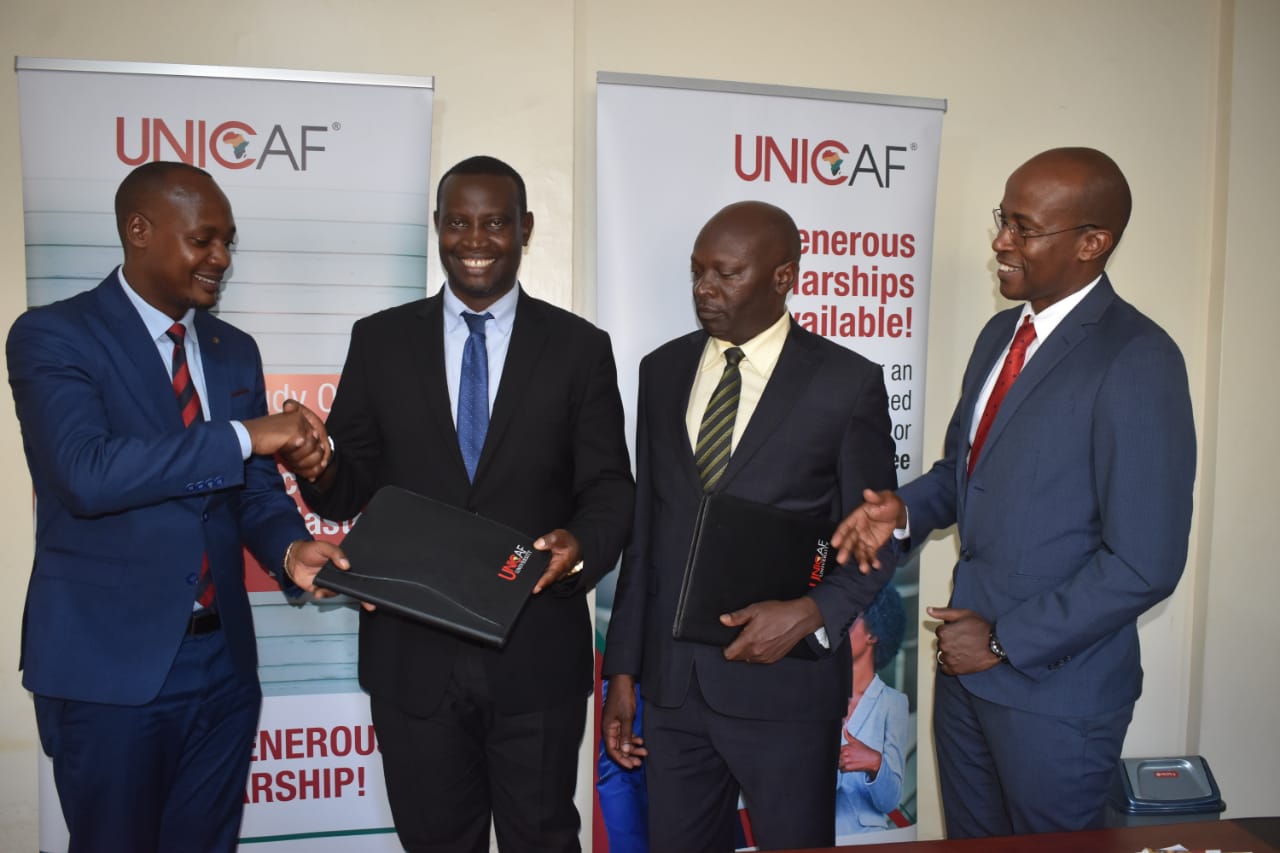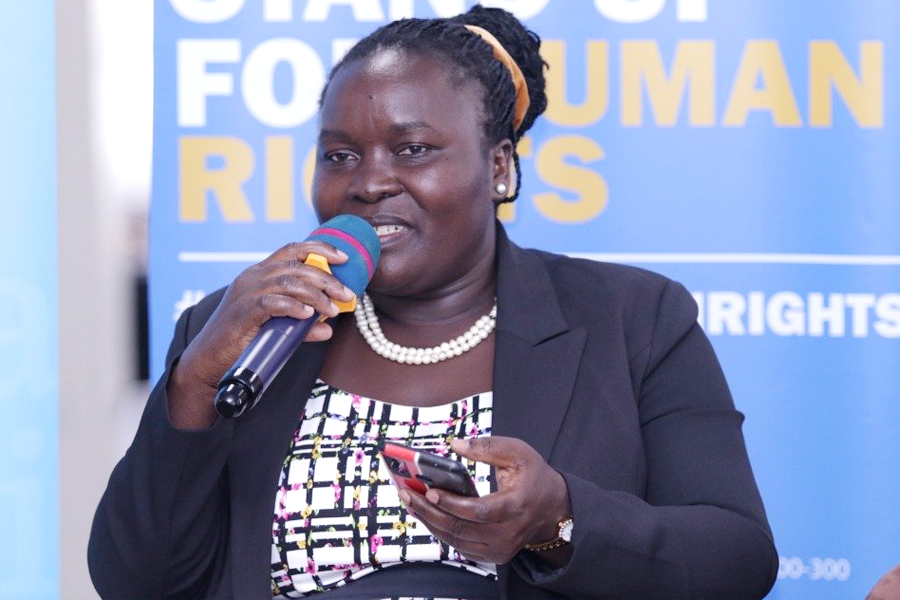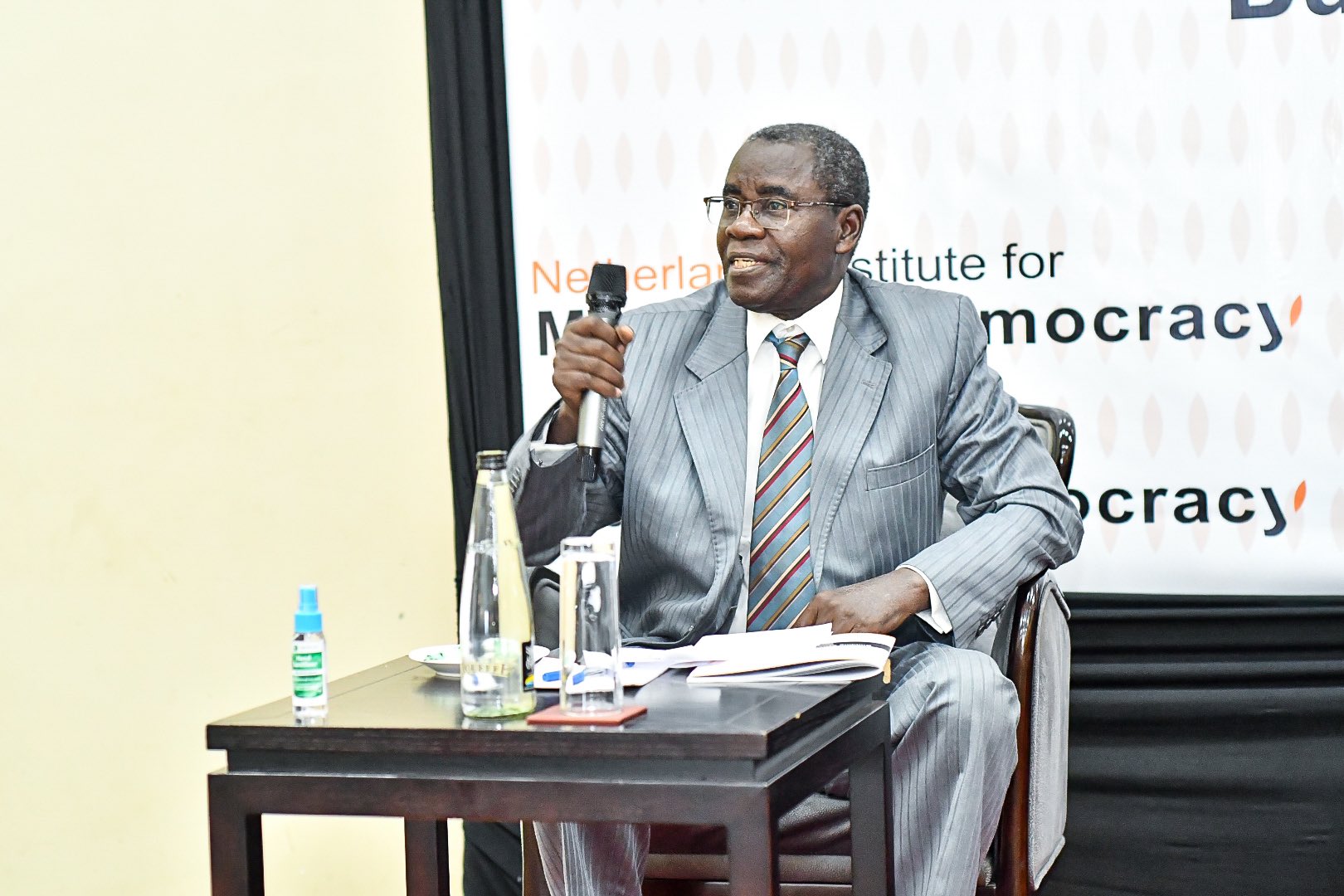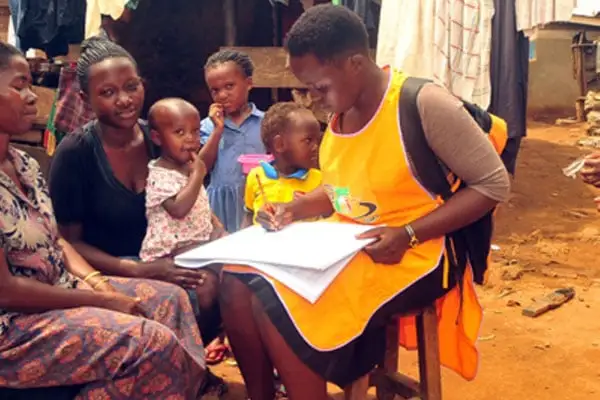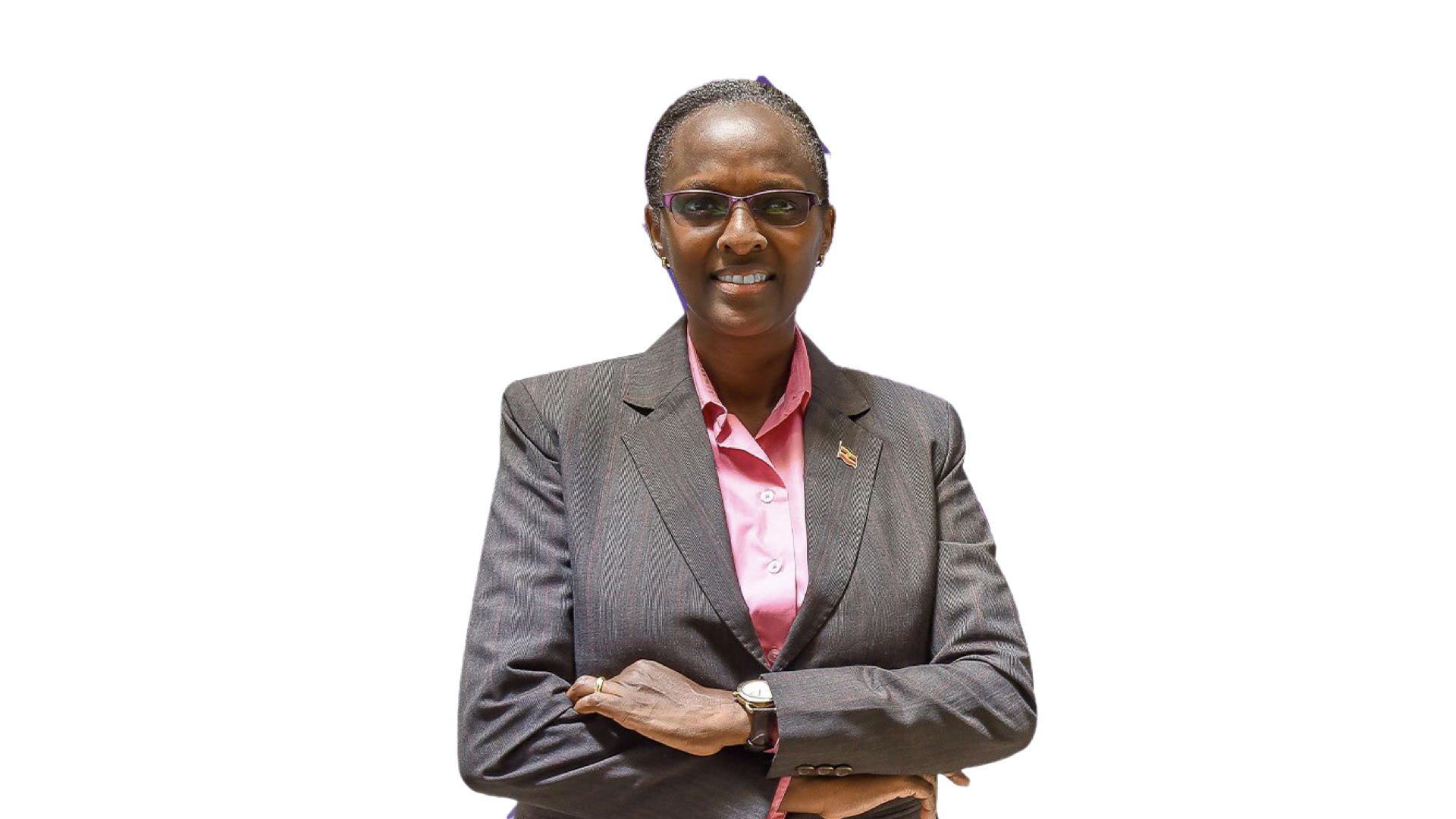Consumer advocates push for improved food policies by 2026
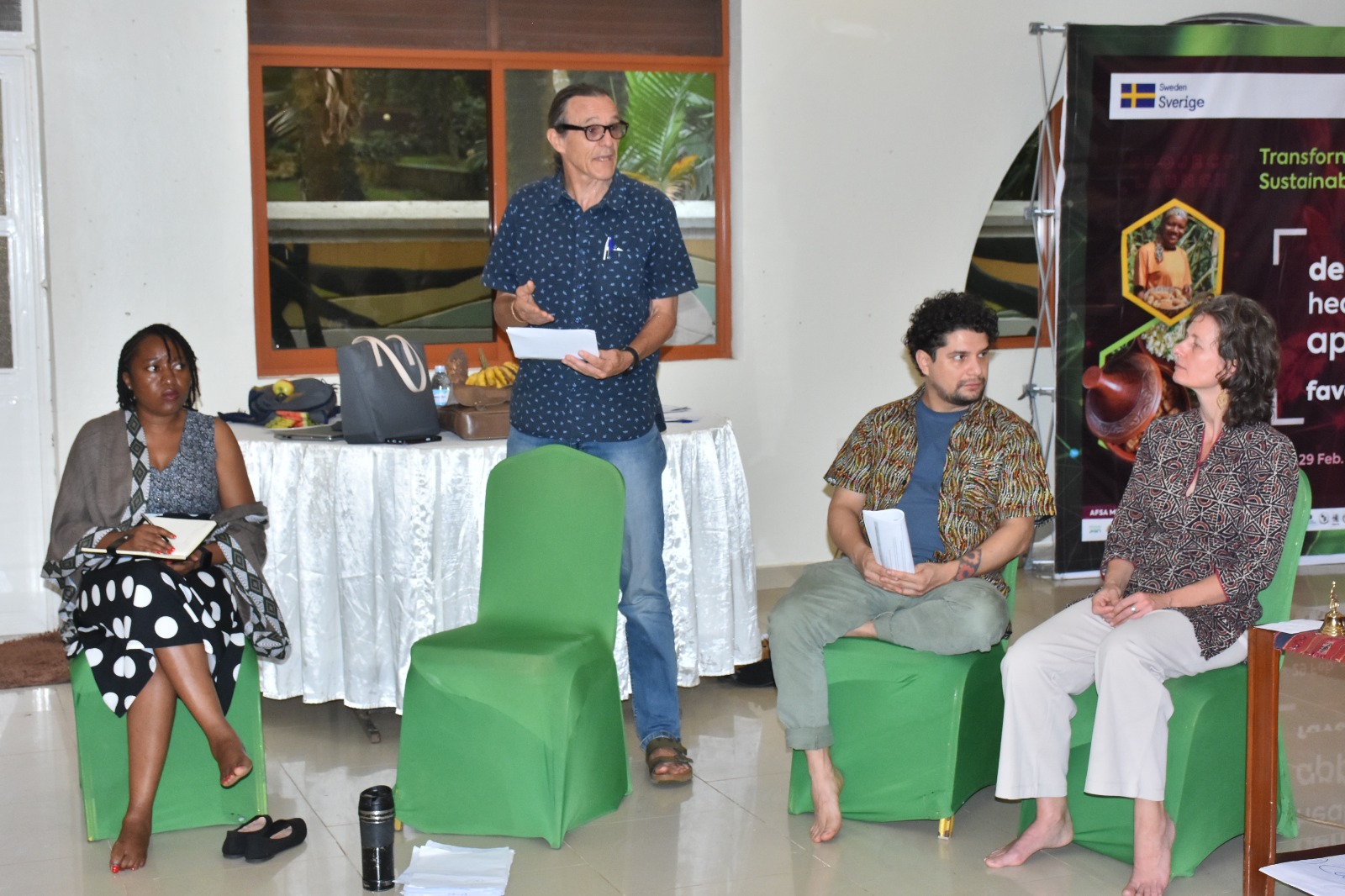
The project specifically aims to promote healthy and "culturally appropriate food" to interest the different communities in focusing on indigenous food and varieties and production techniques.
KAMPALA | Advocates for sustainable food systems in Africa have launched a programme to empower consumers to demand the most appropriate food policies by 2026.
The initiative dubbed, "Transforming the African Food System to Sustainability (TAFS)" project, specifically aims to promote healthy and "culturally appropriate food" to interest the different communities in focusing on indigenous food and varieties and production techniques.
The project, under the theme: "My Food is African" is led by Alliance for Food Sovereignty in Africa (AFSA) should lead to food sustainability on the continent as well as protect Africa from foreign control of the global food system.
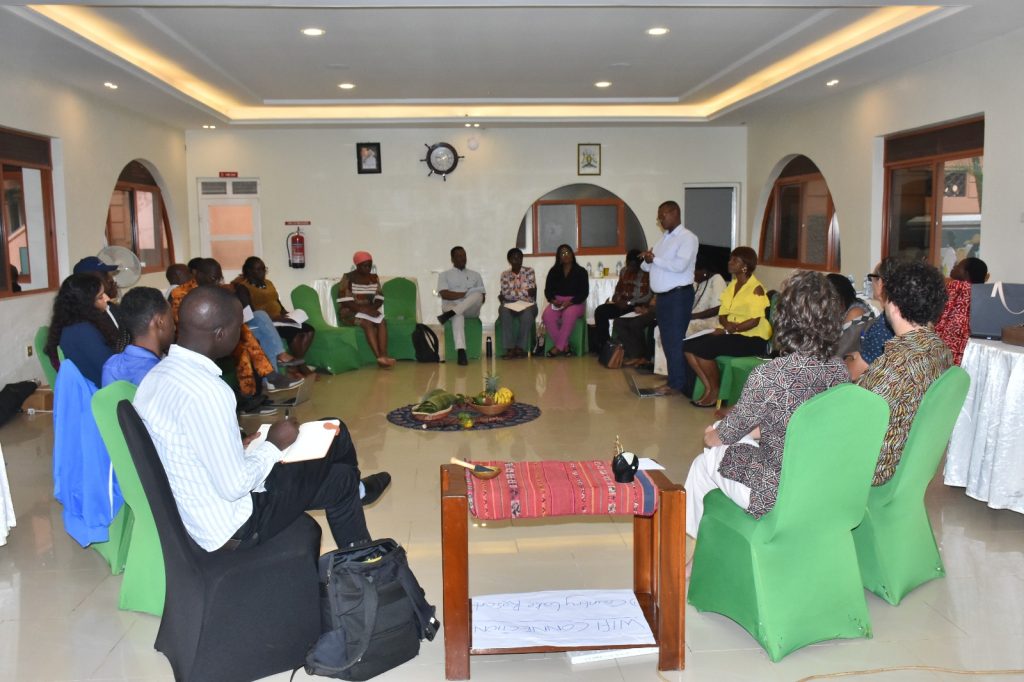 Consumer advocates during deliberations on food policy
Consumer advocates during deliberations on food policy
“While notable progress has been made at the country and regional levels, there is a recognized need to expand this transformative work to additional communities,” AFSA, at the umbrella organisation, said.
Charles Mulozi Olweny, the advocacy and campaigns coordinator AFSA, said the reason Africa is now importing food is because the populations have abandoned indigenous production while the governments have not bothered to have proactive policies.
Uganda has the National Food and Nutrition Policy adopted in 2003. It hinges on overall objective of the policy is to promote the nutritional status of the people of Uganda through multi-sectoral and coordinated interventions that focus on food security, improved nutrition and increased incomes.

AFSA general coordinator Million Belay said their study of the policies in the 27 African countries under the Program reveals that there is no consistency in national food policies, while even within a country, policies conflict with each other.
He welcomed the fact that food systems are top of the agenda for the next CAADP (2025 Comprehensive Africa Agricultural Development Programme), which has until now focused on value chains and increased productivity.
CAADP is part of the African Union’s Agenda 2063 and is aimed at helping African countries eliminate hunger and reduce poverty by raising economic growth through agriculture-led development.
Over the past three years, AFSA has undertaken the initiative to empower African citizens in shaping a coherent, flexible, and purposeful African Food Policy.
The study done across Africa between 2020 and 2022, focusing on national policy analyses and dialogues informed the basis for “an inclusive sustainable food systems approach,” according to AFSA.
 Josephine Okia (left) and Charles Mulozi Olweny contribute during the deliberations on food policy
Josephine Okia (left) and Charles Mulozi Olweny contribute during the deliberations on food policy
Josephine Akia, the Country Manager of Pellum Uganda, a member of the alliance says the project aimed at making Ugandans, especially the elites, urban and youth populations appreciate the consumption of indigenous and traditionally prepared foods as opposed to processed fast foods.
In 2022, the group, in collaboration with the Swedish International Development Agency (SIDA), launched a project dubbed “Mobilising for an African Food Policy (MAFP)-My Food is Africa".
SIDA agreed to finance another three-year project titled, "Transforming the African Food System to Sustainability (TAFS) - My Food is African", which focuses on addressing challenges in the African food system and promoting agroecology, policy advocacy, and stakeholder engagement.
Uganda needs a thorough food policy to tackle critical issues. This includes food insecurity, malnutrition, and climate change effects on farming.
The policy’s goal is to enhance food production and access, boost nutrition knowledge, back local farmers, promote sustainable methods, and manage the food system’s economic and social aspects.



